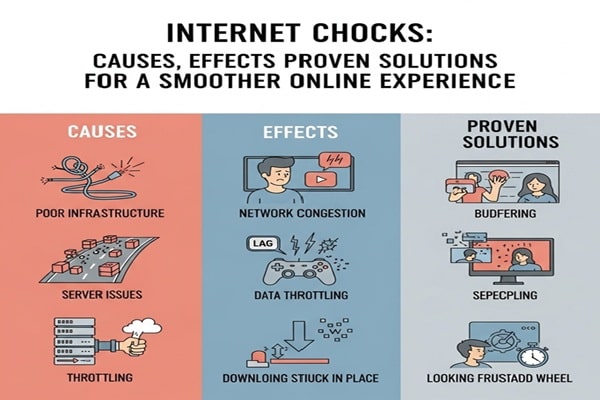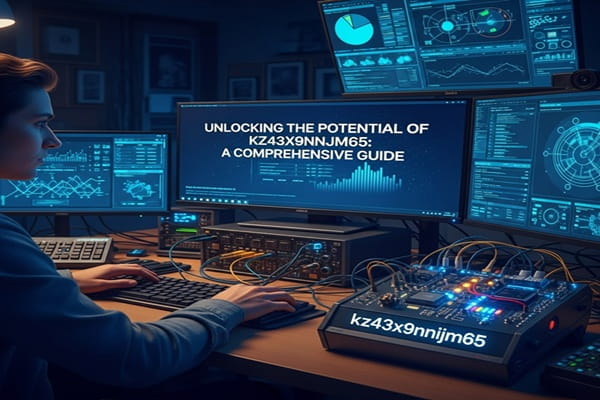The Psychology of Competitive Gaming and How It Develops Concentration
Share your love
Over the last decade, competitive gaming — or esports — has evolved from a niche subculture into a global phenomenon that blends entertainment, psychology, and human performance. Behind every thrilling tournament and every record-breaking play lies an immense amount of mental discipline and emotional training. Professional gamers are not merely players pressing buttons; they are strategic thinkers operating under extraordinary pressure, managing stress and maintaining razor-sharp focus for extended periods.
Unlike traditional sports that rely on physical endurance, esports challenges the cognitive and emotional capabilities of the mind. Every second of gameplay requires quick analysis, prediction of opponents’ actions, and instant adaptation. This continuous mental stimulation leads to the development of specific cognitive skills — particularly concentration, problem-solving, and emotional regulation. As gaming continues to shape modern culture, studying its psychological dimension offers valuable insights into how the human brain responds to competition, collaboration, and high-pressure decision-making.
The Mental Demands of Competitive Gaming
Professional gaming environments are designed to test a player’s mental capacity to its limits. Players must constantly absorb large amounts of visual and auditory information — enemy movements, minimap data, and team communication — while executing precise actions. Each mistake, no matter how minor, can cost an entire match. This creates a unique form of psychological pressure, where focus and emotional stability directly affect outcomes.
In contrast to casual gaming, esports athletes undergo structured mental training similar to Olympic competitors. They practice for 8 to 12 hours a day, refining both mechanical skill and cognitive endurance. This intense repetition conditions their brains to maintain high levels of focus even during long tournaments that can last for days. Cognitive scientists have found that such training enhances reaction times, multitasking ability, and spatial awareness.
For example, FPS (first-person shooter) players exhibit improved attention-shifting skills and reduced response latency, allowing them to make critical decisions in fractions of a second.
Furthermore, the constant need to read opponents and predict their next moves builds a type of “strategic intuition.” Over time, gamers develop a subconscious ability to identify patterns, anticipate outcomes, and react before a threat becomes visible — a skill that translates into improved situational awareness and decision-making in everyday life.
Cognitive Skills Built Through Esports
Esports trains the brain to operate efficiently under conditions of uncertainty and speed. Concentration is the foundation of this mental framework. Maintaining focus during a tournament is no small task — players often compete in environments filled with distractions such as crowd noise, bright lights, and time pressure. The ability to block out external stimuli and remain mentally present is what distinguishes elite players from amateurs.
This mental sharpness becomes especially crucial during events like a cs2 major, where thousands of fans watch every move and commentators analyze each decision. In these settings, players experience immense cognitive load. Yet, their ability to sustain attention — often for matches lasting over an hour — demonstrates extraordinary neural efficiency. Over time, this repeated exercise in selective attention trains the brain to filter out irrelevant information, improving general concentration and cognitive control beyond gaming.
Moreover, esports cultivates multitasking and divided attention. Games such as Counter-Strike 2, League of Legends, or Valorant require players to monitor the minimap, communicate with teammates, and manage in-game resources simultaneously. This constant juggling of multiple inputs strengthens the brain’s executive functions — the systems responsible for organizing thoughts, planning, and executing decisions. The results are measurable: professional gamers tend to exhibit enhanced working memory and better task-switching abilities compared to non-gamers.
Emotional Regulation and Performance Under Pressure
The psychological aspect of gaming is not limited to concentration alone — it also involves emotional mastery. Esports players operate under constant scrutiny and pressure. Every mistake is magnified by spectators, teammates, and personal expectations. Learning to manage anxiety and control emotions in real time is essential for maintaining mental clarity and performance.
Top-level players often employ sports psychology techniques similar to those used by traditional athletes. Visualization exercises help them mentally rehearse success; mindfulness routines enable them to remain calm during critical moments; and positive self-talk keeps motivation high even after setbacks. These practices are not only effective within the game but also have lasting real-world benefits, enhancing emotional resilience and stress tolerance.
An example can be seen in how players recover from near losses. When a team loses a crucial round or match, frustration and disappointment can easily cloud judgment. The ability to reset mentally — to learn from the loss and continue with composure — reflects deep psychological training. Over time, this strengthens emotional intelligence and fosters the capacity to remain goal-oriented despite external chaos.
Teamwork, Communication, and Mental Synchronization
Although concentration is often thought of as an individual trait, in esports it also exists at the collective level. Many competitive games rely on team coordination, where communication and shared focus determine success. In games like Counter-Strike 2, every player must synchronize their actions with others, balancing aggression, defense, and strategy in real time.
This group dynamic develops an advanced form of concentration known as “collective attention.” Team members learn to read subtle cues — tone of voice, timing of communication, even silence — to maintain harmony in strategy. Such environments strengthen interpersonal awareness, empathy, and cooperative focus. These skills extend far beyond gaming, improving collaboration and communication in workplaces and social contexts.
Additionally, effective teams rely heavily on feedback and self-evaluation. Players review matches together, analyzing every move, decision, and emotional reaction. This process builds metacognition — the ability to think about one’s own thinking — which is central to improving concentration and long-term learning. The constant cycle of analysis and adaptation not only refines gameplay but also fosters a growth mindset that promotes lifelong cognitive development.
Training Methods That Enhance Focus
To maintain elite mental performance, professional gamers incorporate structured training routines focused on both mind and body. Cognitive training platforms, such as neurofeedback and reaction-time software, are used to track and enhance mental agility. Many organizations employ psychologists and performance coaches who specialize in maintaining balance between competitive drive and mental well-being.
Mindfulness meditation, controlled breathing, and visualization are increasingly common in esports teams. These techniques lower heart rate, regulate emotions, and improve sustained attention. For instance, practicing mindfulness before a match helps players enter a “flow state,” a mental condition where awareness and action merge seamlessly, allowing for peak concentration and automatic decision-making.
Another key factor is the balance between training and recovery. Excessive gaming without rest can lead to burnout and attention fatigue. Therefore, professionals follow strict schedules with breaks, exercise, and proper sleep. Scientific studies confirm that cognitive performance, reaction time, and focus all deteriorate without adequate rest — highlighting that mental endurance in gaming relies as much on recovery as it does on training intensity.
As the esports industry matures, these methods are becoming more sophisticated. Data-driven analysis, biometric tracking, and AI-based coaching are revolutionizing how players train mentally. The future of competitive gaming may soon see personalized cognitive enhancement programs designed to maximize focus, reaction, and resilience.
Conclusion
Competitive gaming is more than just fast reflexes and high scores — it’s a study of human psychology under pressure. Through rigorous training, emotional discipline, and strategic thinking, esports players cultivate remarkable levels of concentration and self-control. Each match becomes a psychological experiment in attention, decision-making, and emotional regulation.
The lessons learned in these digital arenas extend far beyond gaming. The mental skills developed — from focus and patience to teamwork and stress management — apply to education, business, and everyday life. As esports continues to evolve, its study will provide valuable insights into how technology, competition, and human cognition interact.
In the end, concentration in esports is not merely about winning; it’s about mastering the mind itself. Whether competing at a CS2 Major or focusing on personal growth, the psychology of gaming shows that mental endurance, discipline, and focus can transform not only how we play but how we think, work, and live.




